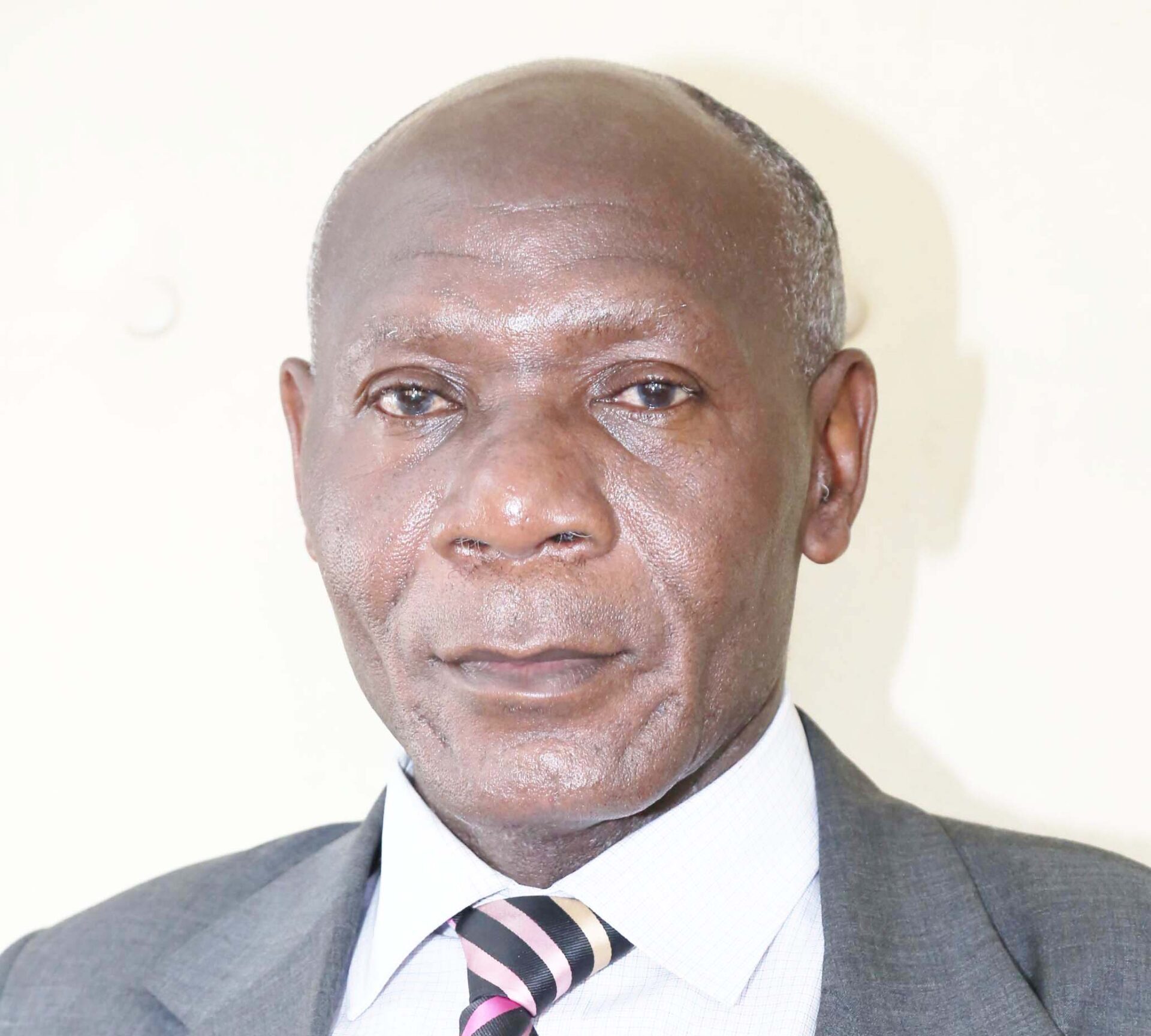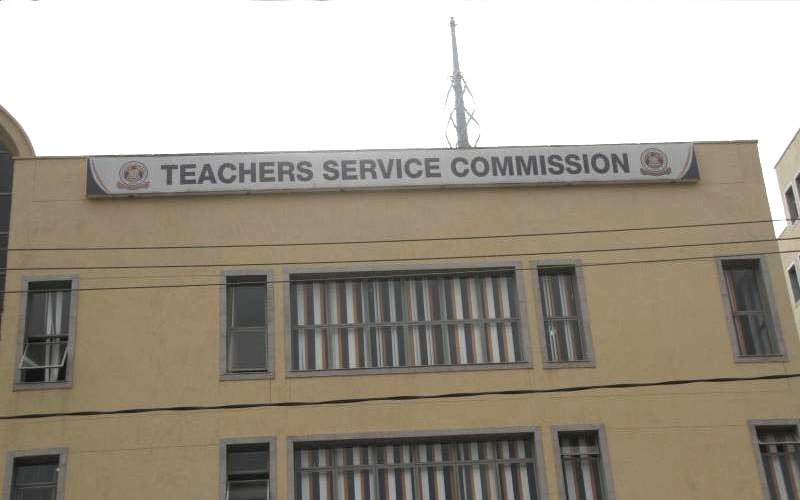Joint exams blind schools from seeing bigger picture, by Kennedy Buhere, featured as a top story in the Saturday Nation of August 5, 2023.
That piece penned by the Communication Officer at the Ministry of Education (MoE) arrested my attention and concentration.
I read it with intense interest. Why? Because it is my forte i crisscross the country to talk about Best Academic Practices.
Right at the onset i must admit that the senior scribe deployed his intellectual energy and enthusiasm: to point out the bad side.
Albeit, he dodged the good side of joint exams.
Therefore, I will poke holes in that text.
Next, I will share a brilliant thought or insight. Why I think schools can reap bountiful benefits from joint exams.
Buhere argued that schools should not serve joint exams because, in the recent past, the MoE imposed a ban through a circular directed to all education officials.
Ostensibly, he asserted that such exams create toxic teaching and learning environment. Then, plenty of exams contravene the prescribed curriculum delivery process. On this. I thought.
There is nothing wrong with teachers from different schools convening to set and mark exams. After all, KCPE and KCSE are joint exams, and in deft management of the candidate class, it is right to wend that way.
Consequently, fellow penman went ahead to assert that excessive exposure of students to exams is a gross violation of the recommendations in the 2001 Naomi Wangai Report whose nub was Students Discipline and Unrest in Secondary Schools.
The task force ascertained that plenty of exams led to unnecessary expenditures incurred by parents.
Then, they were stressors to students; thereby causing chaos in schools. Conversely, I hope my friend knows that precious things are products of pressure, not pleasure.
On parental involvement, I think, we should agree: good results require some sort of great investment. Meaning, parents who want their children to show their shine and sheen: must stretch, go the extra mile, pay the price and sacrifice.
For no price, no prize.
Moreover, it is debatable, that students raze down schools because of joint exams. Too true. I connect chaos in schools to leadership lapse, meddlesome stakeholders and bad blood between school arrowheads.
Exams are a scapegoat. Methinks, students are pliant people that can become what we want them to be.
I also think. It is important to weigh into Buhere’s proposition of the school system appreciating the hallowed trinity in education: teaching, learning and assessment.
Maybe, he should also see the tripartite structure as: teaching, testing and re-teaching. My cogent argument underscores the essence of running an examination system in order to entice peak performance.
Actually, schools we lionise as veritable academic giants, ensure that they complete the syllabus. In addition, as a scribe who assists schools to formulate, write and edit Strategic Plans plus Academic Action Plans, I want to point out that serious schools project to complete the syllabus in the candidate class by the end of the second term.
Once they are done and dusted, they embark on comprehensive revision programmes in fine line with Best Academic Practices.
Some of the practices include: Focusing on well-thought-out ability grouping, compelling candidates to engage in active, effective and productive group discussions, leaving doors of consultations ajar, supervising reading of notes, exploring research-based learning, topical teaching, team teaching, organising contests, symposiums and hot sittings.
Then, there is the review of past KCSE papers, invitation of guest examiners to polish pale parts, and doing joint exams.
On this poignant point, we can press the pause button and ask two questions: Why exams?
Why get into joint exams with top schools? In a colossal sense, KCSE and KCPE require ample practice and preparation. Exam preparation is akin to athletics.
Arguably, world-class athletes like Faith Kipyegon dedicate 90% to preparation, and 10% to winning. Somehow, such an elite athlete can prepare for 15 years to run a-15 second race.
This explains the exigence of candidates sitting for heaps of trials and tests such as monthly exams, group exams, RATs, CATs, inter-class competitions and joint exams.
Let me substantiate. Teaching accounts for 5%. Reading of notes is 10%. Audio-visual is 20%. Demonstration is 30%. Discussion is 50%. Practise through exams accounts for 75%. Presentation and peer teaching is 90%.
Meaning, it is right to serve several exams for the sake of preparing candidates for KCSE and KCPE.
Ideally, a school may not be in any joint whatsoever, but obtaining joint exams from top schools can aid it gauge the calibre of its candidates.
In actual sense, I recommend exams from top schools because such fountains of knowledge enjoy the privilege of a well-established culture of peak performance.
Such schools are awash with resources that enable them to invest in their teachers through sporadic training: to help them become top-tier subject experts.
Lastly, before schools think of joint exams, they scout for schools they see as peers, where teachers can learn from one another, compare best practices, and engage in team teaching.
Such breakthrough steps, lend credible credence to the wise words: Iron sharpens iron and diamond cuts diamond. In the whole scheme of things, when teachers rely on a joint effort to set and mark exams, they fulfil the important mandate of mastermind alliance, teamwork, unity of purpose, cohesion, collaboration and close camaraderie among schools.
Teachers forge friendships and knit neat networks. Joint exams promote healthy competition among schools. They glorify virtues such as hard work, and vilifying vices like laziness and lassitude.
By Victor Ochieng’
The writer rolls out academic talks and training programs focusing on Best Academic Practices. vochieng.90@gmail.com. 0704420232
Get more stories from our website: Education News
To write to us or offer feedback, you can reach us through: editor@educationnews.co.ke
You can also follow our social media pages on Twitter: Education News KE and Facebook: Education News Newspaper For timely updates.






